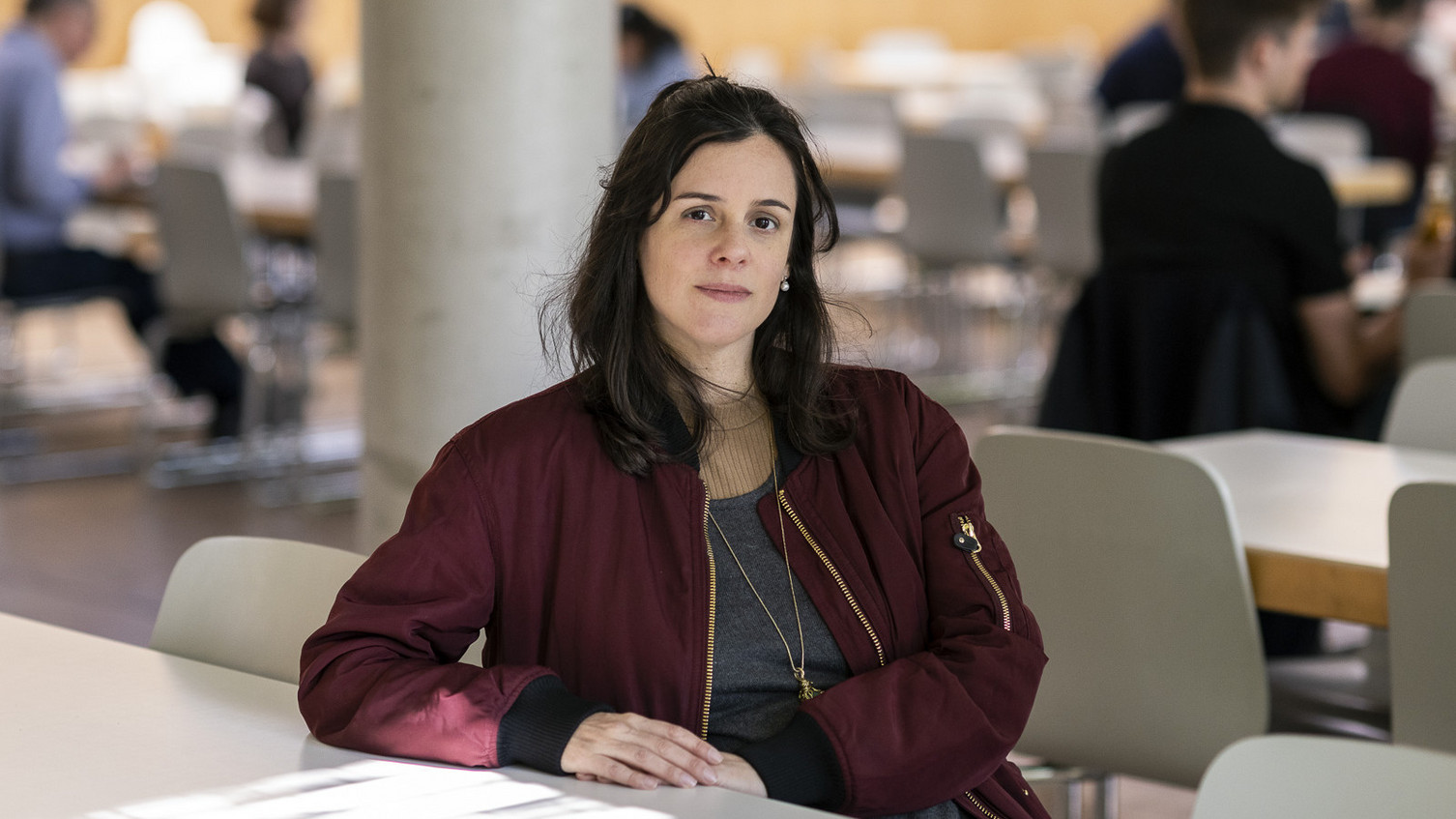Fellow 2025/26
Nathalia de Castro Lavigne academic work critically engages with the intersections of technology, memory, and art, thinking about how art can help to create new modes of connection - beyond social media. In her dissertation (De)Musealizations and Counter-Collecting Practices in Instantaneous Archives, she examined the impact of social media on museum narratives, particularly in the wake of the rise of Instagram in 2010. Her current research investigates speculative alternatives to digital networks, emphasising decolonial and non-hierarchical strategies in contemporary art and activism. Through a transdisciplinary approach, Lavigne examines how artists and collectives navigate the failures of Web 2.0 and propose alternative, community-driven models of connection. Beyond academia, Lavigne is an independent curator and art critic, regularly contributing to Artforum, Contemporary &, and Folha de São Paulo. She has curated exhibitions in Brazil, Germany, and the United States, including “Against, Again: Art Under Attack in Brazil” (Shiva Gallery, New York) and “Disappearance Tactics” (Paço das Artes, São Paulo).
Abstract
After Networks: A Critical Examination of Horizontality and Speculative Forms of Connection in Contemporary Art and Activism
This present research aims to discuss how the understanding of networks can be reimagined after the internet’s socalled lost decade and the end of a fantasy that Web 2.0 would be a democratic and emancipatory environment. In a time when the politics of surveillance has gained another dimension in everyday life, digital lethargy is the condition that permeates contemporary society as a response to the constant demand of updating our extended selves on different platforms. To this end, ethnographic research will be carried out essentially based on three case studies in the art field in which distributed intelligence practices and non-hierarchical models of power are used – ideas disseminated by groups active in the emergence of the internet. The first is the collective Decolonize This Place, with members remaining from the Occupy Wall Street movement (2011), when a wave of activism began using social media. The second is Documenta 15 (2022), with artistic direction from the Ruangrupa collective, in which the idea of horizontality was evoked in the curatorial work proposals and materialised both in the mode of curating and in the exhibition design, aimed at social interaction. Finally, I analyse the application of the concept of “Network Pedagogy” in projects carried out by indigenous artists Denilson Baniwa and Gustavo Caboco. In recent decades, social networks have had a huge impact in reinforcing the art system as a highly efficient international network. Art and activism groups that emerged in this context also assimilated many of these aspects. However, at a time when the failure of these systems is clear, it is necessary to apply the network methodologies learned there in other spheres and contexts.
Education
2023 PhD in Art History at Architecture and Urbanism College, University of São Paulo, Brazil
2014 MA Cultural and Critical Studies, Birkbeck, London University, Great Britain
2004 BA Journalism, Catholic University of Rio de Janeiro, Brazil
Most Resent Academic Position
Postdoc researcher Contemporary Art Museum, University of São Paulo (MAC USP)
Most Recent Publications
“Occupying the Archives: Agency over Images and Folksonomy Developed through Collaborative Initiatives.” In Lessons Learned? Transcultural Perspectives in Curating and Pedagogies, edited by Eva Bentcheva, Monica Juneja, Franziska Koch, and Miriam Oesterreich, Heidelberg Academy Volume. ICI Berlin Press, 2024.
“Ways of Seeing: Visitors Inside the Galleries from the Post-Photographic to the Musealized Museum.” In In Motion: Migrations. Proceedings of the 35th World Congress of Art History, 484–501. Edited by Claudia Mattos Avolese. São Paulo: Vasto Edições, 2023.
with Beiguelman, G. “The Museum with Only Walls: An Involuntary Memorial of Rio de Janeiro’s National Museum on Instagram.” In The Memorial Museum in the Digital Age, edited by Victoria G. Walden, Falmer: REFRAME Books, 2022.

